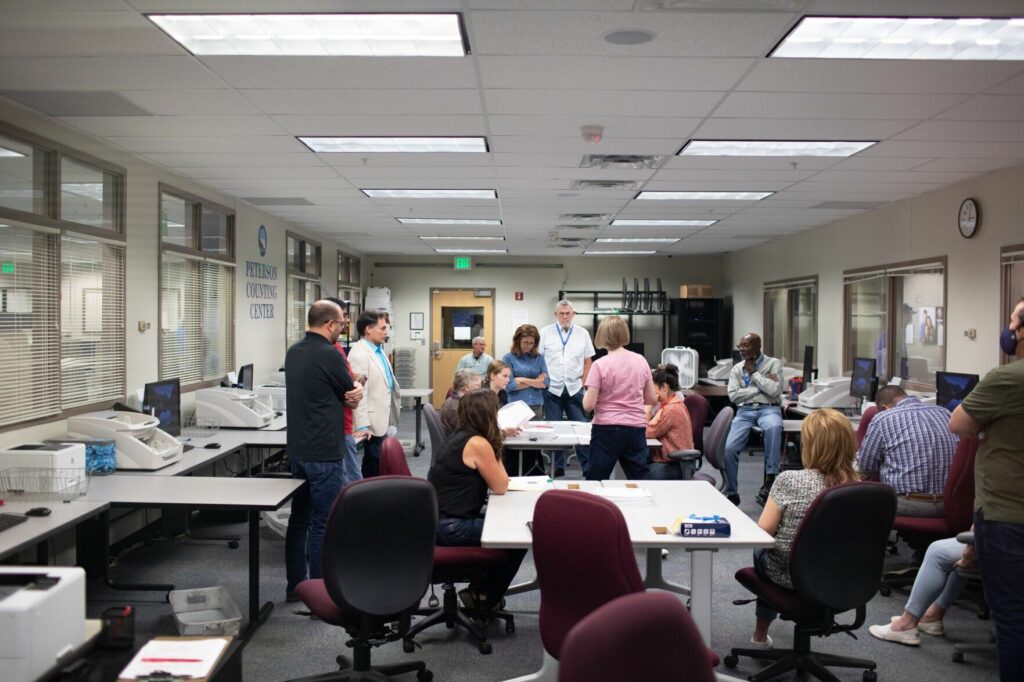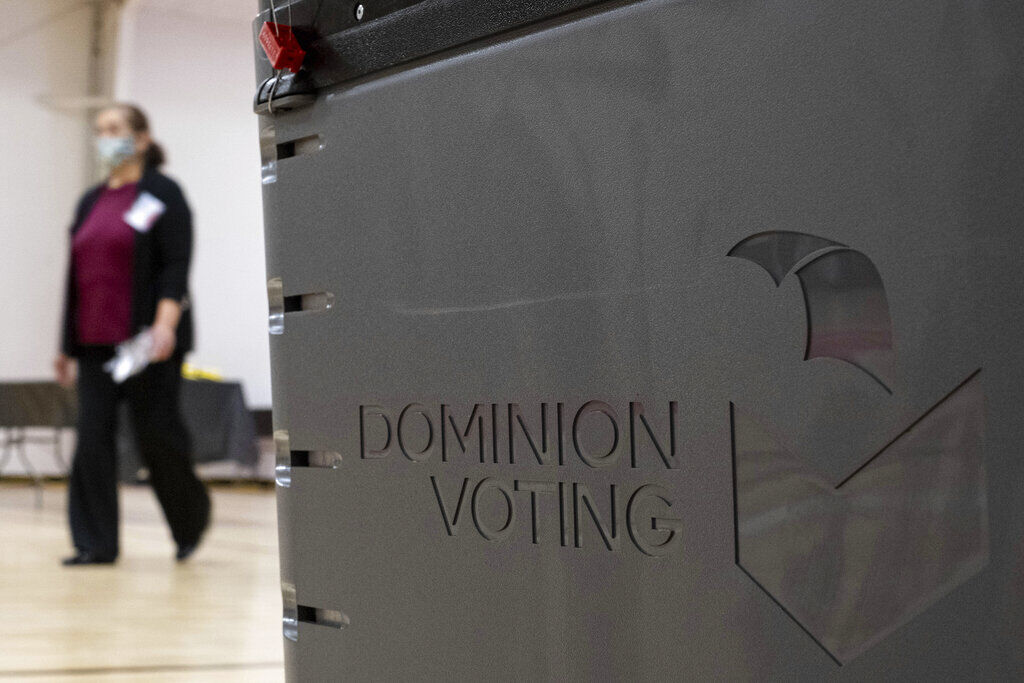Tobacco tax diversion for preschool clears hurdle, advances toward ballot with Supreme Court decision

Two ballot initiatives that would divert money from tobacco taxes and the tobacco master settlement toward preschool programming are one step closer to the ballot, after the Colorado Supreme Court upheld their titles on Monday.
“[T]he title sufficiently alerts voters that existing state cigarette and tobacco tax revenue will be reallocated from current programs to the new preschool program,” wrote Justice Richard L. Gabriel for the court’s majority. The court took the unusual step of issuing a detailed written opinion affirming the actions of the three-member Title Board this spring.
Initiatives 293 and 315 would steer money from a variety of drug assistance, HIV prevention and other health programs into preschool instead. Initiative 315 would also increase revenue by $6.3 million annually through the imposition of a tax on tobacco-derived nicotine vapor products. Anna Jo Haynes challenged the propriety of the titles, alleging that the measures did not conform to the constitutional requirement for a single subject.
“Beyond changing the use of existing cigarette and tobacco related revenue sources and creating a new preschool program, Initiative #315 financially penalizes any local jurisdiction that prohibits the sale of tobacco and nicotine products,” Haynes wrote in her brief to the court. She referred to the provision that would halt tobacco tax revenue from the state to any locality that implements a ban of such products.
The Supreme Court’s majority disagreed that the financial penalty was a second subject, instead characterizing it as a component of funneling money to the preschool program.
“If Initiative #315 passes, local legislatures will remain free to choose to ban tobacco and nicotine products or not,” wrote Gabriel. “If they choose to do so, however, then a consequence of that action would be a redirection of the locality’s state cigarette and tax revenue to the new preschool program. Such a consequence, however, does not render this reallocation provision a separate subject.”
The court also dismissed Haynes’s contention that the title was misleading or unclear to voters because it did not enumerate all of the programs slated to lose money or note the financial loss to localities for tobacco bans.
“[R]equiring the Board to include all of the details that petitioner claims should have been included would result in a lengthy and complex title, and this would be contrary to the Board’s statutory charge” of setting a title that is brief, yet encompasses all central features of a measure, Gabriel explained.
Justices Melissa Hart and William W. Hood, III dissented from the majority’s decision, agreeing with Haynes that voters ought to be informed in the title of the loss of state revenue to municipalities that ban nicotine and tobacco products. Hart wrote that the single-subject limitation is meant to prohibit policies that could not pass on their own from being combined into a single measure. In this case, a disincentive for tobacco product bans is entwined with a preschool funding measure to increase its chance of success.
“This is precisely what the single subject rule is designed to prevent,” she argued. Hart also observed that the financial penalty is “buried on page four of the initiative,” making it plausible that a voter would be surprised after the fact to find out what they had voted for.
While the majority deemed it commonsensical that banning a product would necessarily eliminate the tax revenue from that product, Hart countered that the measure cuts off funding for bans “in any form,” including limited prohibitions on flavored vape products.
The measures are two of 26 similar proposals to address tobacco and nicotine taxes during the 2019-2020 election cycle. Nine were ultimately withdrawn. The secretary of state’s office has approved Initiatives 293 and 315 for circulation, along with Initiative 292, which would raise taxes by $334.4 million annually through increases to cigarette and tobacco taxes and the imposition of a tax on vaping products. The money would also go toward preschool access.













